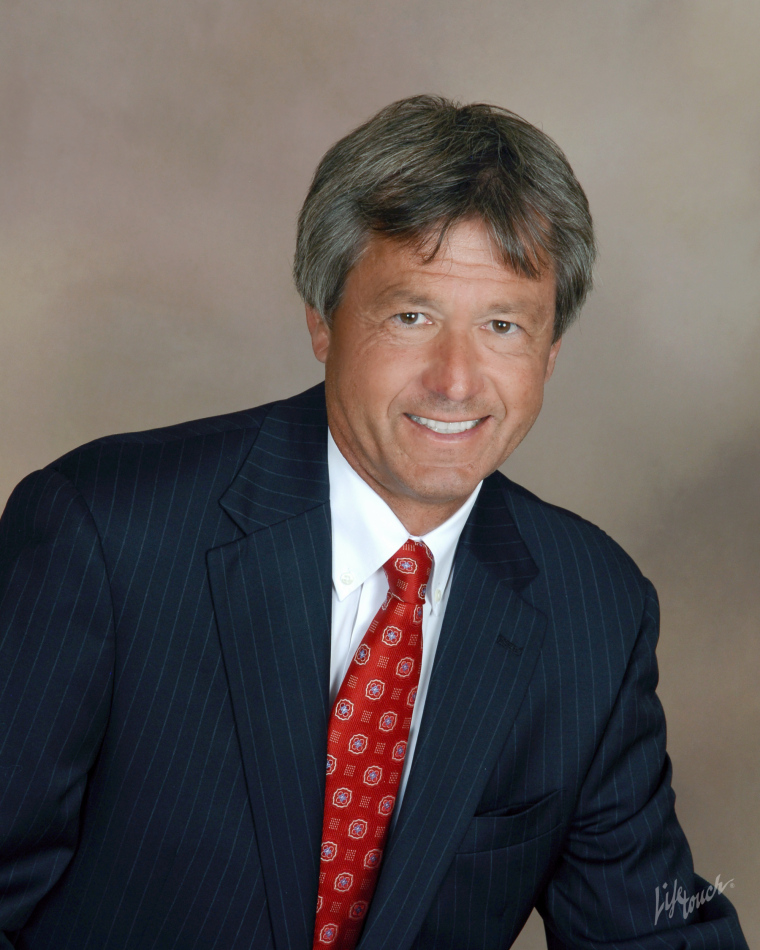The Role of Chief of Staff

Chief Of Staff
Throughout my time with the Nebraska Department of Education (NDE), many people have asked me, “What do you do at NDE?” I have frequently answered, “everything the Commissioner of Education tells me to do.” However, I want to take this opportunity to be more transparent in what my duties are as the Deputy Commissioner/Chief of Staff for NDE.
One of my primary duties is to lead and direct governmental relations for NDE at federal, state, and local levels. The “unique good life” of our state is reflected by the great people of Nebraska who value education to the extent that an entire Article of the Nebraska Constitution is devoted exclusively to the subject. We have a duty to “provide for the free instruction in the common schools of this state of all persons between the ages of five and twenty-one years of age.” NDE was created by the people of Nebraska to be responsible for the general supervision and administration of the school system in the state. When reading the entire Constitution of Nebraska, one can find that NDE and the Nebraska Legislature have a unique partnership that the people of Nebraska expect will work together to ensure that the school system prepares all students for learning, earning, and living.
This year Nebraska is celebrating its Sesquicentennial but the uniqueness of the Nebraska Unicameral is not yet 100 years of age. The Unicameral was created in 1937. For most of its history senators served until they were defeated by an opponent or retired from the senate. In 2006, the people of Nebraska chose to provide term limits for senators, thereby presenting unique experiences every two years. In the past it was easy for citizens to rely on a senator to be an expert in a subject area and to serve for 12 to 20 years in the Unicameral. Today, senators can only serve two consecutive four-year terms before they are “term limited.” This can make it challenging to find a senator who fully grasps all of the underlying principles that drove the adoption of state laws that impact education every day. That is where my role comes in: to help those senators understand how NDE supports the preparation of all Nebraskans for learning, earning, and living.
How do I carry out my duty to lead and direct governmental relations of NDE in coordination with the Nebraska Legislature? The first thing that I do is build relationships with policy makers in the Legislature to learn what they need to know about the school system of this state and how NDE goes about providing the general supervision and administration of that school system, including the work NDE staff do each and every day. The latter presents ongoing opportunities for me to learn what is going on throughout the entire NDE agency in order to be able to coherently explain the work, but also the underlying strategies that drive the work of NDE to policy makers in the Legislature.
So how do I accomplish that? You will have to wait for my next blog that is scheduled for January 2018. Happy New Year!



Leave a Reply
You must be logged in to post a comment.